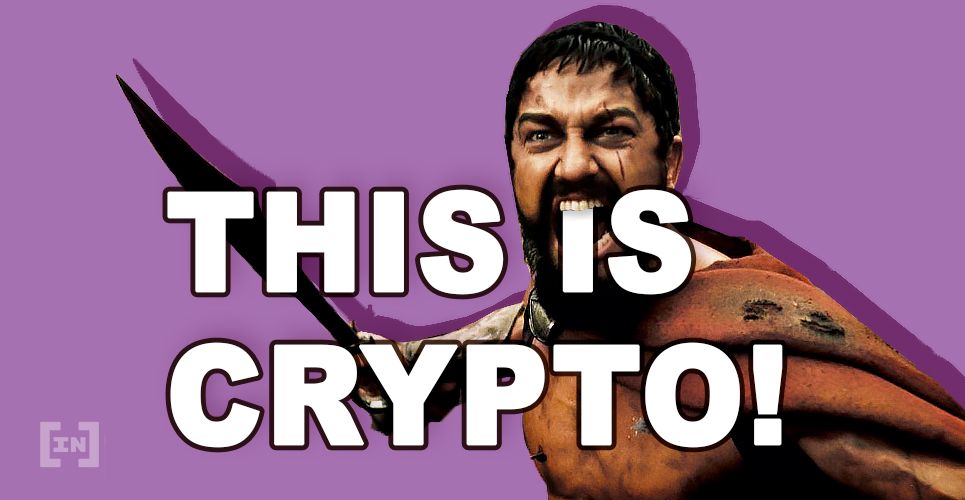A number of smaller projects that thrived during the cryptocurrency rally in 2017 either died quietly or retrenched severely by cutting staff and expenditures. For example, SpankChain, a coin for adult-only content and entertainment services, reduced its core team to 20 and its freelancers to eight as the company’s market value plummeted from $190 million in January to about $5 million at the time of writing.The Dan Larimer effect. $Steem rekt even though they had a huge premine.
— WhalePanda (@WhalePanda) November 28, 2018
Just giving it a couple of years for $EOS. https://t.co/ZYi0sgN2gR
The Road to Hell?
The cryptocurrency industry is not the first to walk the road to hell. History shows us that massive layoffs and expenditure cuts are a natural development for an industry that has experienced a period of unsustainable growth. During the period of depressed oil prices in 2016 and 2017 the global oil and gas industries lost nearly 445,000 jobs, which is approximately as many as people living in Atlanta, Georgia. Meanwhile, the finance and insurance sector in the U.S. shed over 390,000 jobs during the dismal five years between 2007 and 2012, when the industry crumbled to ruins after the Lehman Brothers bankruptcy and events which followed. The same is true for the Internet and online industries which were also young and inexperienced with financial management, especially when the dot-com bubble popped.
Or a Way to Catharsis?
Shale drillers, asset management offices, dot-com startups, and now cryptocurrency companies fell into a trap of living for the moment. This approach resulted in bad management decisions and exorbitant spending on everything, including an unnecessarily bloated staff. However, if history is a guide to the future, massive layoffs and expenditure cuts are not the end of the world, but rather the start of a new chapter. As Vitalik Buterin framed it, they are getting more competent. Meaning that those who survive and learn from their own mistakes will come out of this crisis stronger, more productive and able to compete.The situation may look dire, especially for people who found themselves broke and on the street. These processes will not kill the industry and will serve the harshest lessons to the weakest companies which fail to restructure their business processes and adapt for optimization in the current market. Do you think the cryptocurrency industry needs to go through these hardships to become more mature at its core? How will these developments affect the job market? Let us know what you think in the comments below!Oh I agree it was a bad decision to hire 500 people they couldn't keep.
— vitalik.eth (@VitalikButerin) December 22, 2018
That said, if that's your angle, then the overlooked news here is that they're getting *more* competent.
Disclaimer
In adherence to the Trust Project guidelines, BeInCrypto is committed to unbiased, transparent reporting. This news article aims to provide accurate, timely information. However, readers are advised to verify facts independently and consult with a professional before making any decisions based on this content. Please note that our Terms and Conditions, Privacy Policy, and Disclaimers have been updated.

